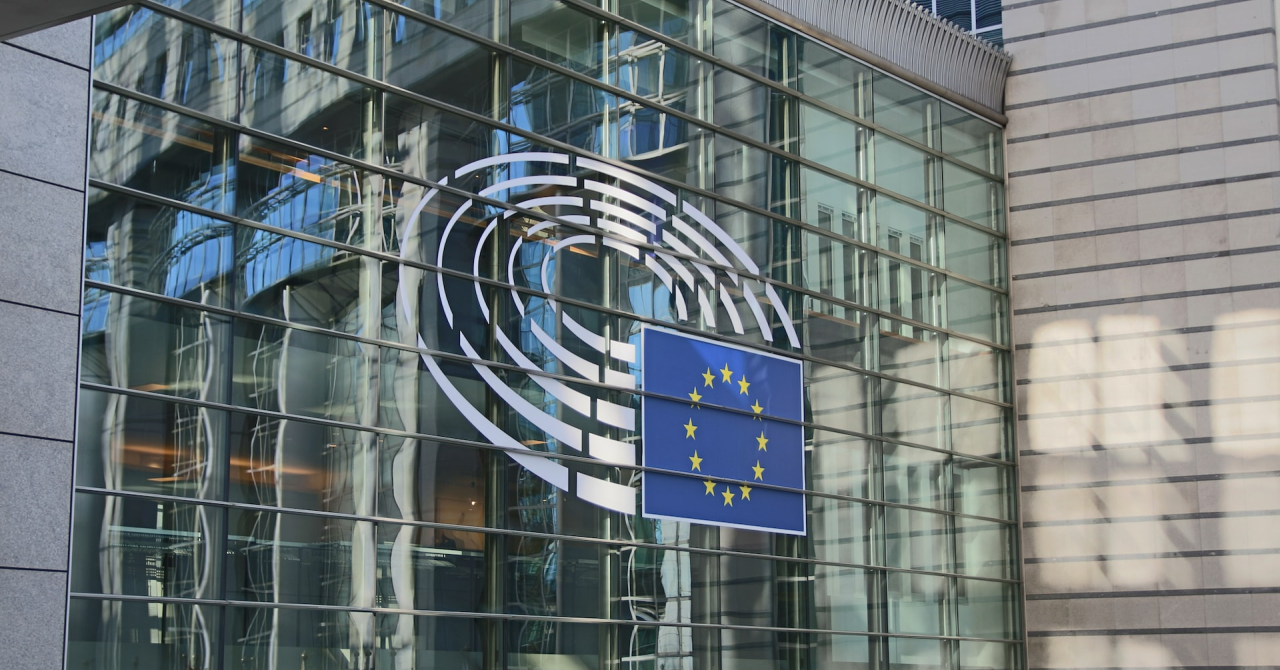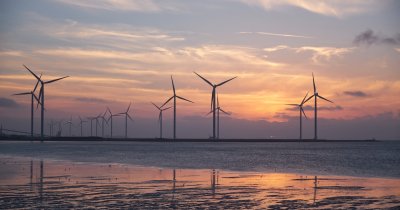MEPs agreed to set minimum mandatory national targets for the deployment of alternative fuels infrastructure and member states will have to present their plan by 2024 on how to achieve it.
By 2026, there should be at least one electric charging pool for cars every 60 km along main EU roads and the same requirement would apply for trucks and buses, but only on core TEN-T (Trans-European Transit Network) roads and with more powerful stations.
Some of the outermost regions, islands and roads with very little traffic are to be excluded from this rule.
Parliament representatives also suggest setting up more hydrogen refueling stations along main EU roads (every 100 km as opposed to every 150 km, as proposed by the Commission) and to do it faster (by 2028 instead of by 2031).
Alternative refueling stations should be accessible to all vehicle brands and payment should be easy and they should also display the price per kWh or per kg and it should be affordable and comparable.
Additionally, the Parliament wants the maritime sector to cut greenhouse gas (GHG) emissions from ships by 2% as of 2025, 20% as of 2035 and 80% as of 2050 compared to 2020 level.
To ensure compliance, MEPs favor the introduction of penalties and revenues generated from these should go to the Ocean Fund and contribute to decarbonizing the maritime sector, energy efficiency and zero-emission propulsion technologies.
Ismail Ertug, member of the European Parliament, stated that "at the moment we have 377.000 charging stations in the EU, but this is half the amount that should have been achieved had EU countries lived up to their promises."
"We need to tackle this decarbonization bottleneck and quickly roll out the alternative fuels infrastructure to save the Green Deal", he added.
 Mihai - Cristian Ioniță
Mihai - Cristian Ioniță












Any thoughts?